Introduction
In today’s fashion landscape, the demand for sustainable and ethical clothing options is on the rise.However, with so many suppliers to choose from, selecting the right one can be a daunting task. In this article, we will explore the key factors to consider when choosing a used clothes supplier to ensure that you make the best decision for your needs.
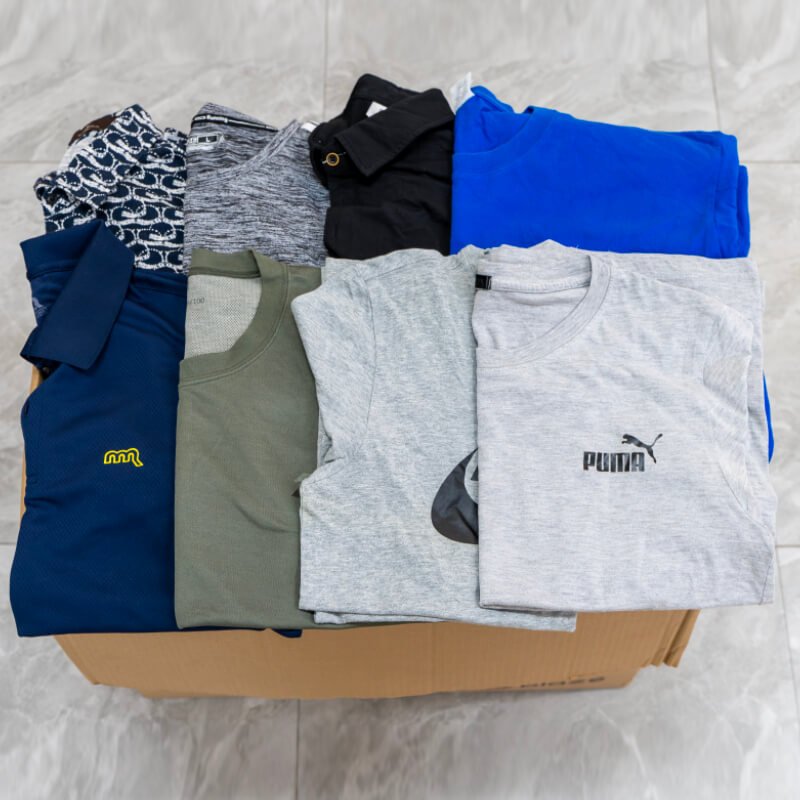
Assessing Authenticity with Used Clothes Supplier
When purchasing used clothing, it’s essential to assess the quality and authenticity of the garments being offered by the supplier. Since these items have been previously worn, it’s important to ensure that they are still in good condition and that they meet your expectations in terms of quality. Additionally, verifying the authenticity of the garments is crucial to avoid purchasing counterfeit or replica items.
To assess the quality of the inventory offered by a used clothes supplier, consider requesting detailed photographs or descriptions of the garments. Look for signs of wear and tear, such as fading, pilling, or loose stitching. Pay attention to the fabric composition and construction of the garments to determine their overall quality.
In terms of authenticity, reputable used clothes suppliers will have measures in place to ensure that the items they sell are genuine. This may include conducting thorough inspections and authentication processes to verify the origin and authenticity of each garment. Be sure to inquire about these procedures when evaluating potential suppliers.
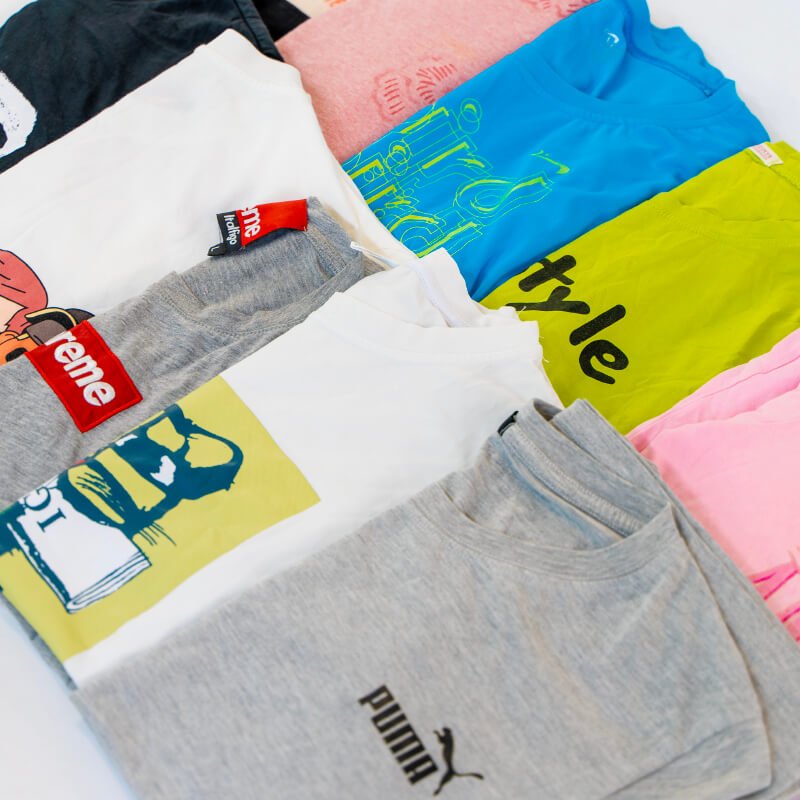
Transparency and Ethics in Selecting a Used Clothes Supplier
Transparency and ethics are important considerations when choosing a used clothes supplier. It’s essential to work with a supplier who is transparent about their sourcing practices and committed to ethical standards throughout the supply chain. This includes ensuring fair labor practices, responsible sourcing of materials, and adherence to environmental regulations.
When evaluating potential suppliers, inquire about their sourcing methods and supply chain transparency. Look for suppliers who prioritize sustainability and ethical production practices, such as sourcing garments from reputable sources and supporting fair trade initiatives. Additionally, consider whether the supplier is certified by any relevant organizations or industry bodies that promote ethical and sustainable practices in the fashion industry.

Range and Diversity of Inventory Offered by a Used Clothes Supplier
The range and diversity of inventory offered by a used clothes supplier are important factors to consider when making your decision. A wide selection of clothing options allows you to cater to a diverse customer base and offer a variety of styles, sizes, and price points. Additionally, having access to a diverse inventory can help you stay competitive in the market and attract more customers.
When evaluating the range and diversity of inventory offered by a used clothes supplier, consider factors such as the types of garments available, the variety of brands and designers represented, and the range of sizes and styles offered.
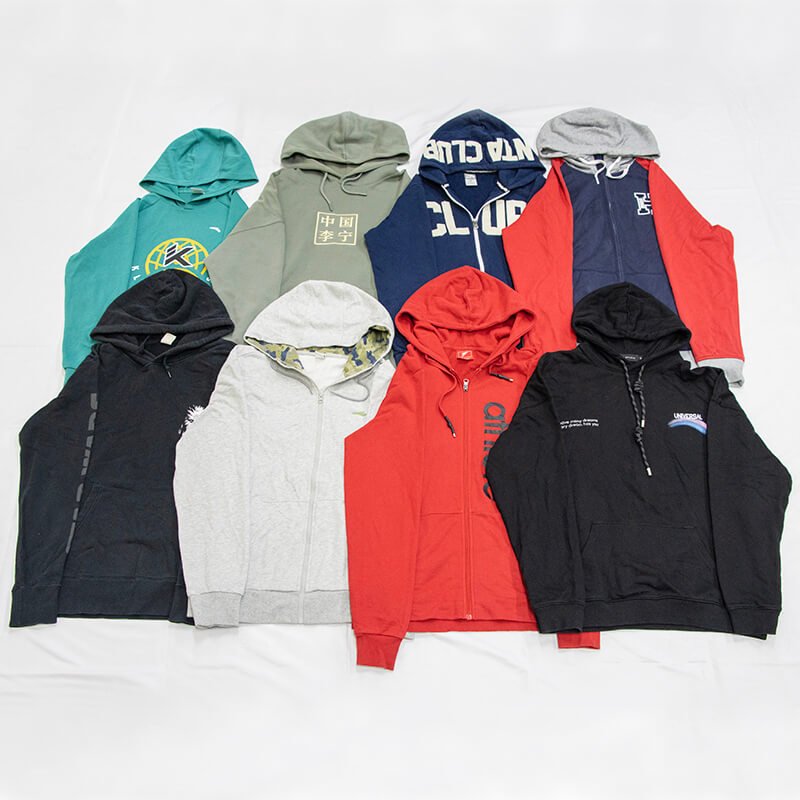
Pricing and Affordability: Negotiating with a Used Clothes Supplier
Pricing and affordability are key considerations when choosing a used clothes supplier. While cost-saving is often a motivating factor for purchasing used clothing, it’s important to strike a balance between quality and affordability. Be sure to compare prices from multiple suppliers and negotiate favorable terms to ensure that you’re getting the best value for your money.
When negotiating with a used clothes supplier, consider factors such as the quantity of items purchased, the condition of the garments, and any additional services or benefits offered. Be prepared to discuss pricing, payment terms, and any discounts or incentives available. Additionally, be open to exploring alternative pricing models, such as bulk purchasing or consignment arrangements, to maximize your savings.
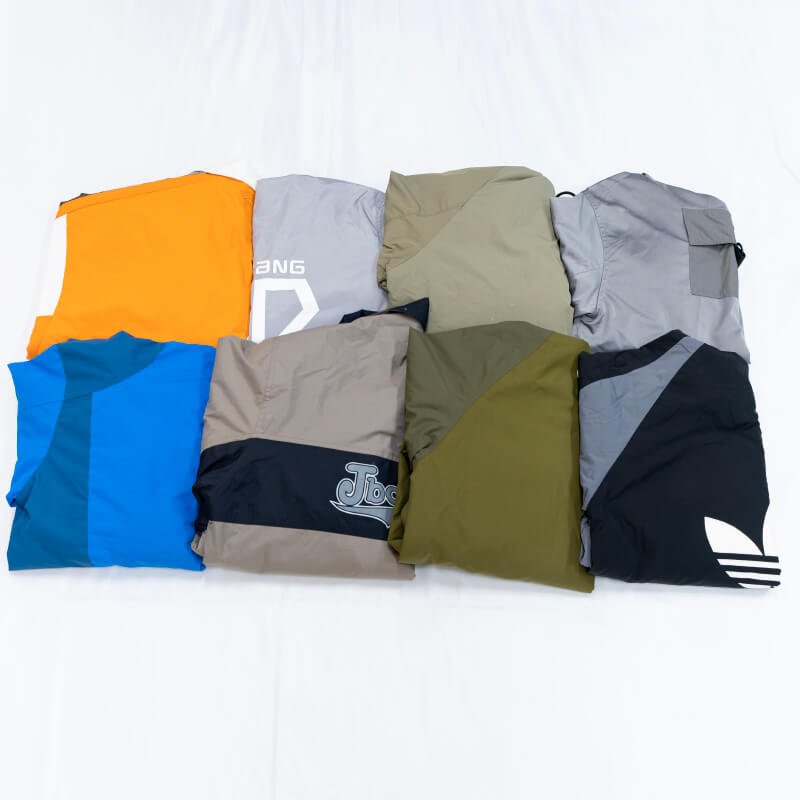
Reliability and Customer Service of a Used Clothes Supplier
Reliability and customer service are essential considerations when choosing a used clothes supplier. You want to work with a supplier who is dependable, responsive, and committed to providing excellent service at every stage of the process. This includes timely communication, accurate order fulfillment, and prompt resolution of any issues or concerns that may arise.
Before committing to a supplier, take the time to assess their reliability and customer service capabilities. Research the supplier’s reputation online, read reviews from other customers, and ask for references or testimonials from past clients.

Reputation and Reviews of a Used Clothes Supplier
When choosing a used clothes supplier, it’s important to research their reputation and gather feedback from other customers. A supplier’s reputation can provide valuable insights into their reliability, professionalism, and quality of service. Reading reviews and testimonials from other customers can help you gauge the supplier’s track record and identify any potential red flags or concerns.
When researching a supplier’s reputation, consider factors such as their longevity in the industry, their track record of customer satisfaction, and any accolades or certifications they may have received. Look for suppliers who have a positive reputation among their peers and customers and who are known for their integrity, professionalism, and commitment to quality.
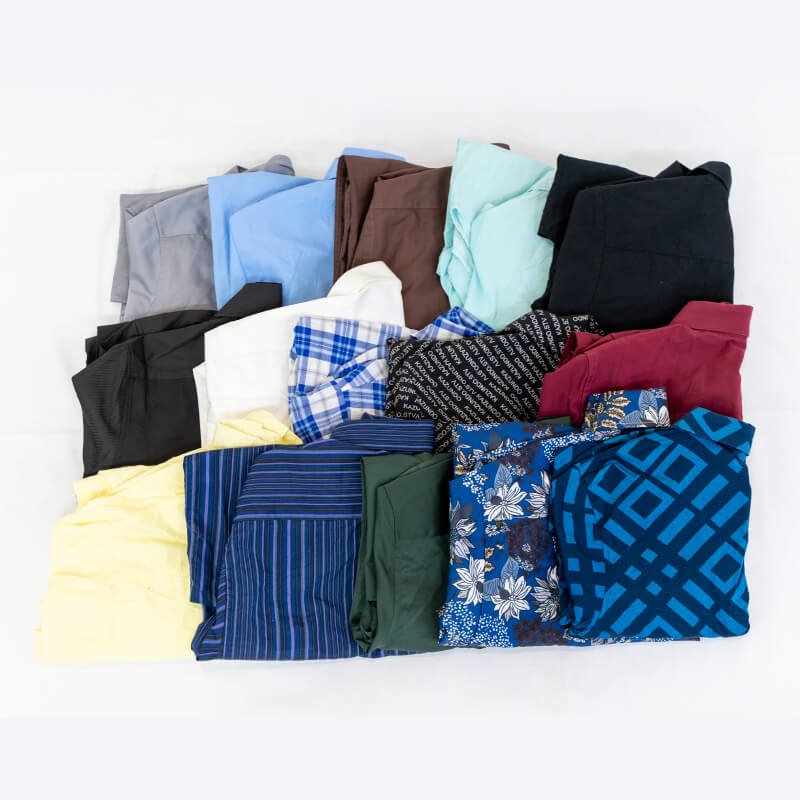
Flexibility and Customization Options with a Used Clothes Supplier
Finally, consider the flexibility and customization options offered by a used clothes supplier. Working with a supplier who is willing to accommodate your specific needs and preferences can help you create a more tailored and personalized experience for your customers. Look for suppliers who offer flexible terms, customizable ordering options, and responsive support to ensure that you have the flexibility to adapt to changing market conditions and customer demands.
When evaluating a supplier’s flexibility and customization options, consider factors such as their willingness to accommodate special requests, their ability to provide customized packaging or branding, and their responsiveness to feedback or changes in requirements. Be sure to communicate openly with the supplier about your needs and expectations to ensure that they can provide the level of flexibility and customization you require.
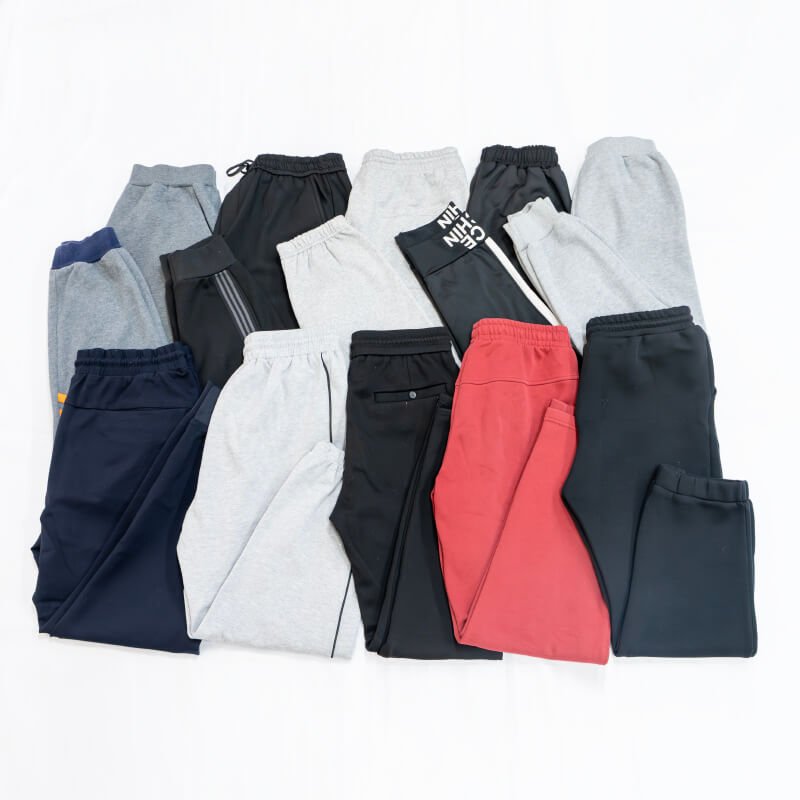
Conclusion
Choosing the right used clothes supplier is a critical decision that can have a significant impact on your business.Conduct thorough research, ask questions, and take the time to evaluate potential suppliers carefully to ensure that you choose the best partner for your business.

